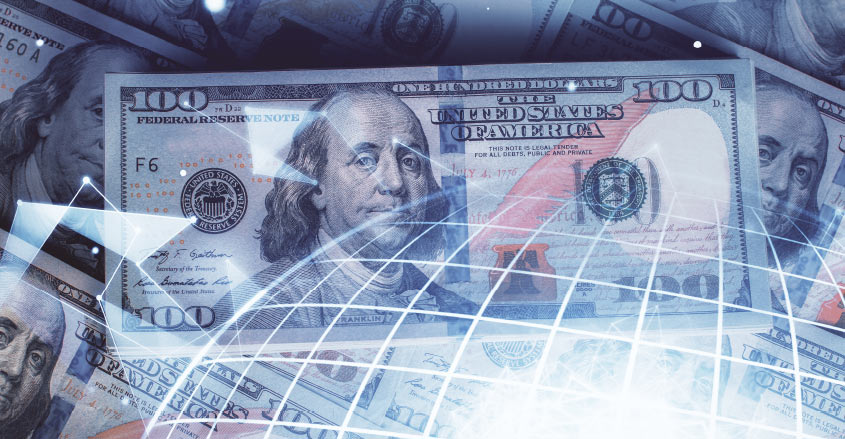Universal basic income (UBI) is the idea of a government granting a no-strings-attached monthly payment, perhaps $1,000, to people to help with everyday expenses.
Pope Francis recently called for some type of UBI. Former 2020 presidential candidate Andrew Yang made UBI the policy focus of his failed campaign.
Even billionaires like it. Tesla founder Elon Musk who advocated for UBI in 2016, believes that entire industries will become obsolete with the future dawn of automation.
Proponents of the idea believe it necessary for several reasons. For one thing, income inequality has rocketed to levels not seen since before the Great Depression nearly a century ago.
Part of the problem is that wages have been stagnant for decades. The average hourly wage in 2018 was $20. Accounting for inflation the average hourly wage in 1964, $2.50, is now essentially the same as $20 in 2018.
Workers are making more money, but their wages and average purchasing power have not increased in 56 years.
Meanwhile, UBI research experiments have been conducted as far back as 1974 in multiple countries and cities. The most high-profile UBI experiment was last conducted in Stockton, California in 2019.
If anything might make the UBI a reality, it’s the catastrophic economic damage that the COVID-19 pandemic is inflicting on the global economy.
What it takes to happen
The cataclysmic economic effects of COVID-19 on the world, accomplished in a matter of weeks, is stupefying. These unprecedented effects may necessitate the need for UBI in the future.
More than 16.6 million Americans filed for unemployed benefits between the end of March and the first week of April. That’s 1 out of every 10 Americans losing their job.
The St. Louis Federal reserve estimates that the unemployment rate could surge to 31% before 2020 is over.
More than 54 million children from kindergarten age to grade 12 are home and many are beginning online schooling. Many of those kids depend on free or reduced-cost school lunches for their weekday meals.
The airline industry alone will lose over $252 billion this year.
These are just a few examples. Even though UBI is not a reality yet, we may have seen its prototype here in America — the so-called stimulus checks from the U.S. Treasury.
In late March the U.S. Congress passed a $2 trillion coronavirus stimulus bill to help mitigate the damage the pandemic is inflicting on the American economy.
Eligible Americans get a one-time $1,200 stimulus check. About 63% of Americans, however, believe it won’t be enough and that they will need continuing assistance instead.
That would be UBI by another name and the single largest such experiment ever conducted, if Congress decides to take it on.


